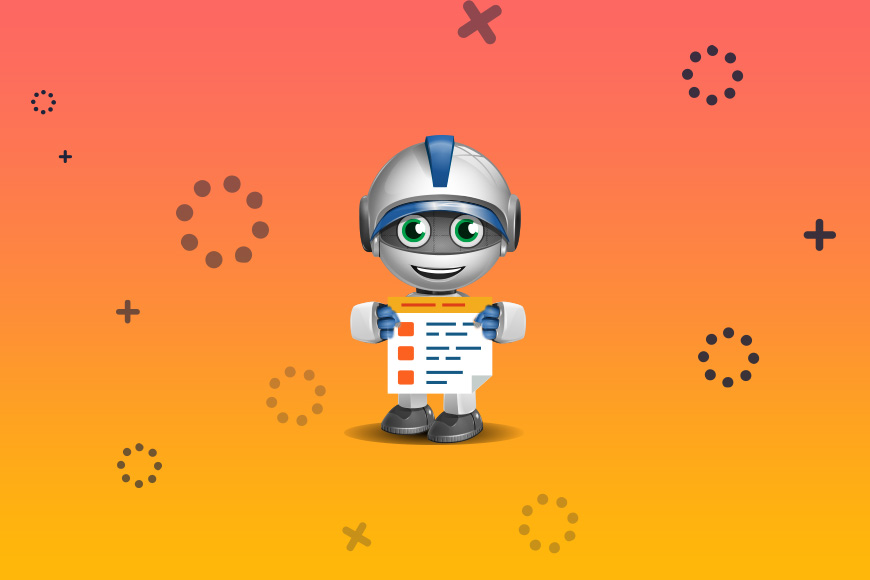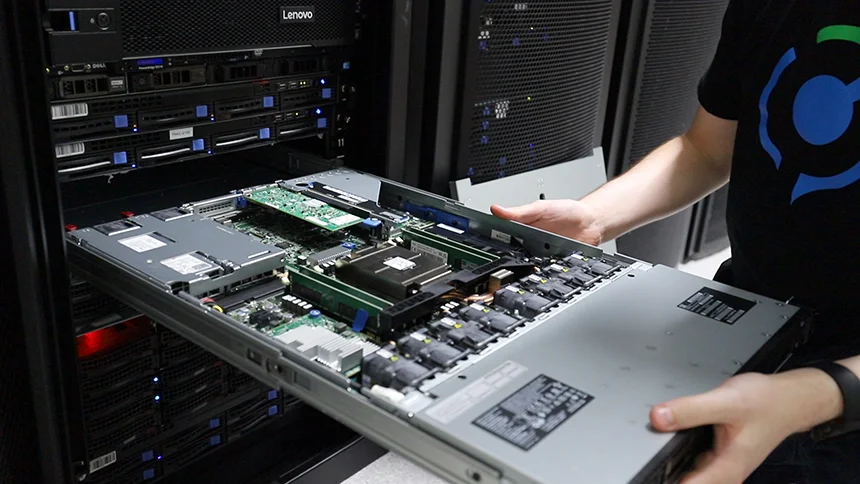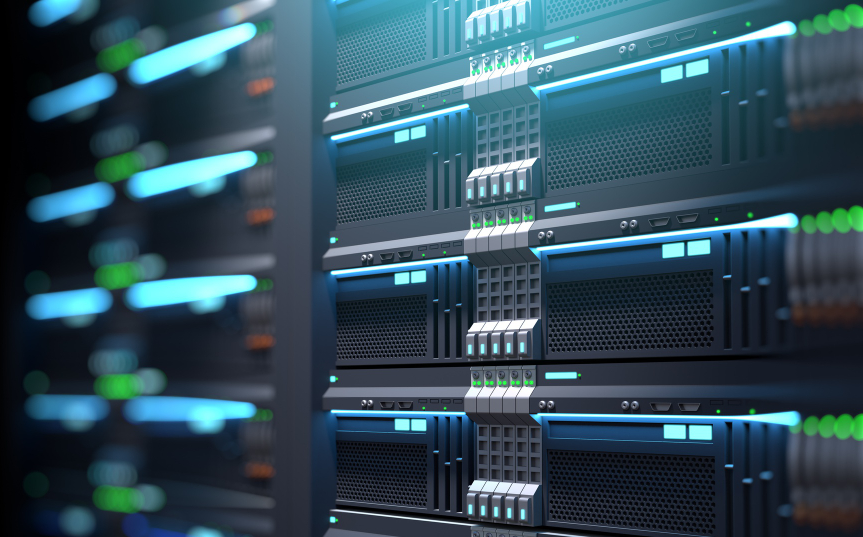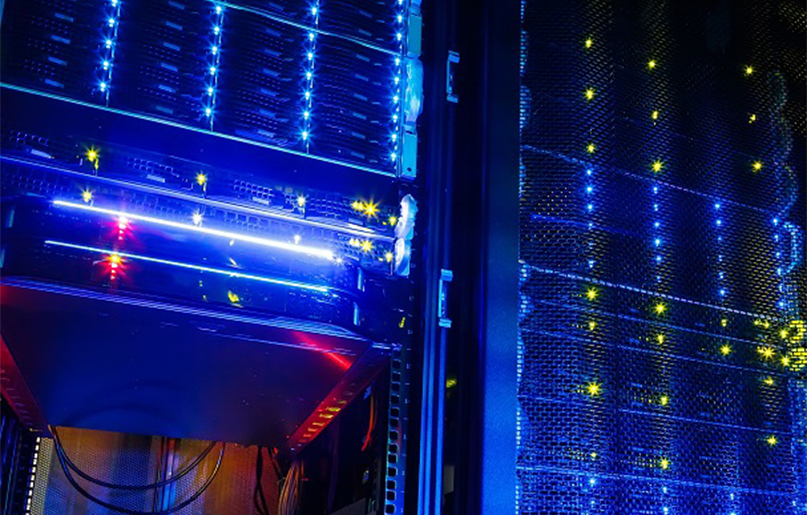Guide to Dedicated Servers
Last Updated: January 14th, 2024 8 min read Servers Australia

What is a Dedicated Server?
A dedicated server is an exclusive physical server reserved for a single user or entity. It provides enhanced performance, control and security for hosting websites, applications, or services, without sharing resources or it's hardware with other users as in shared hosting environments.
Benefits of Dedicated Servers
Customisation
Users have full control over server configurations, allowing tailored setups to meet specific needs and optimise performance. Future proof your business performance with a Dedicated Server.
Security
Enhanced security measures can be implemented on dedicated servers, reducing the risk of vulnerabilities associated with shared hosting environments.
Reliability
With exclusive access to resources, dedicated servers provide greater reliability and stability, minimising downtime for critical applications or websites.
Scalability
Dedicated servers can be easily scaled to accommodate growing workloads, making them suitable for businesses with expanding resource requirements.
Full Control
Users have administrative access, enabling complete control over software installations, updates, and server management.
Isolation
Dedicated servers ensure isolation from other users, preventing the impact of neighbouring websites or applications on server performance.
Unique IP Address
A dedicated server comes with its own unique IP address, crucial for certain applications or SEO strategies, and avoiding potential consequences of shared IP addresses.
Resource Allocation
Dedicated servers allow precise allocation of resources, ensuring that computing power, memory, and storage meet specific requirements without compromise.
Compliance
Dedicated servers are often preferred for industries with strict data protection regulations, as they provide a controlled environment that facilitates compliance with legal requirements.
Choosing the right Dedicated Server
Types of Dedicated Servers
To determine the type dedicated server you need, it’s important to understand the overall function of servers and how they can enhance your business operations. Servers are simply computers that maintain a constant internet connection and serve multiple users, unlike individual desktop computers that serve one user at a time. Servers act as home base for a wide range of applications, including websites, email, data backups, virtual desktop computers, and proprietary business software.
Enterprise Dedicated Servers
Enterprise-grade servers go even further, providing a high degree of reliability, along with the flexibility to deliver many applications concurrently.
Because servers provide specialised functionality, they use different software than traditional desktop and laptop machines. Most business users choose either Microsoft Windows Server or Linux installations as their server operating system software.

Linux Dedicated Servers
Linux, created specifically for multi-user machines, is available in several different distributions, including Ubuntu and Debian. Linux is open-source and typically is free to use, but it comes with a challenging learning curve for many business users.
Microsoft Dedicated Servers
Microsoft Windows Server, meanwhile, also is designed for servers but is proprietary and usually is not free. It includes several specific server software tools created by Microsoft, and business users who need Microsoft software — including MS SQL, Sharepoint and Microsoft Hyper-V for virtualisation — must use Windows Server.
Dedicated Server Components
If you need a server for your business, you’ll choose between a cloud or dedicated format. Cloud servers appear to end users as dedicated machines, but they actually are virtual machines running on a portion of a server. A dedicated server, on the other hand, is a physical machine that supports only one business or organisation. A distinguishing characteristic of dedicated models is their special server hardware that typically outpaces hardware found in traditional desktop and laptop computers.
What are some of the key components that make enterprise-grade dedicated servers the most reliable and powerful option available to businesses?
Dedicated Server RAM
Short for random access memory, RAM is found in computers including servers, desktop and laptop computers, tablets, smartphones, and peripherals such as printers. The type and amount of RAM in your single-organisation server play a key role in performance, because memory allows the machine to access information without writing to or reading from hard drives. Just about every server application requires significant RAM, and your server should have no less than 8GB.
Processing power
The processor serves as the thinking portion of the server — in fact, enterprise-grade servers typically include multiple processors to increase reliability, efficiency and speed of accessing applications and data. For your dedicated server, faster processors will show noticeable performance improvement for a variety of applications. Speed alone isn’t always the sole determining factor in performance, however; cores also can play a role. Depending on the applications you’re using, more cores may deliver better performance, especially during peak traffic periods.
Performance Dedicated Server hard drive
The hard disk — also known as the hard drive — on your server plays a vital role in reliability and performance, because it limits the data and programs you will have the ability to house. Video, images, HTML files, databases, applications and more all require hard disk space, and performance will suffer if you allow the drive to become overly full. Also consider whether a dedicated server uses RAID — Redundant Array of Inexpensive Disks — technology, which plays a vital role in server uptime. RAID enables high availability for dedicated servers through the ability to change out malfunctioning discs without shutting down the entire system.
Ideal for hosting resource-intensive applications and software, dedicated servers provide the necessary computing power, ensuring smooth and efficient application performance without bottlenecks.
Types of uses dedicated Servers are mainly used for
The versatility of dedicated servers makes them suitable for a wide range of applications, providing robust and dedicated resources for specific business needs.
Website Hosting
Dedicated servers guarantee high-performance hosting for websites with substantial traffic, ensuring consistent server resources to maintain optimal speed and responsiveness. Why use Dedicated Servers for your web hosting customers?
Application Hosting
Ideal for hosting resource-intensive applications and software, dedicated servers provide the necessary computing power, ensuring smooth and efficient application performance without bottlenecks.
E-commerce
Dedicated servers offer a secure and reliable hosting environment for online stores, efficiently managing transactions, customer data, and inventory to provide a stable shopping experience.
Database Management
Running databases that require quick access and efficient processing, ensuring optimal performance for data-driven applications.
Game Servers
Dedicated servers host multiplayer online games such as World of Warcraft with low latency, ensuring a seamless gaming experience for players and supporting numerous simultaneous connections without performance degradation.
Media Streaming
With a focus on high-quality content delivery, dedicated servers minimise buffering, efficiently managing large amounts of data transfer for streaming services.
Business Email
Dedicated servers handle large volumes of email traffic securely and reliably, ensuring email accessibility and minimising the risk of downtime for critical communications.
Development and Testing
Providing a dedicated environment for software development and testing, these servers ensure that development and testing processes are not impacted by shared resources, enhancing efficiency.
Big Data Processing
Dedicated servers efficiently handle large datasets for analytics tasks, providing the necessary computing power for processing and analysing big data.
Virtual Private Networks (VPNs)
Dedicated servers offer a secure and efficient VPN service for organisations, ensuring stable and secure communication channels for remote access and data transfer.
Backup and Storage
Acting as dedicated storage for data backup, these servers ensure data security and availability, crucial for disaster recovery and maintaining business continuity.
Content Delivery Network (CDN)
Dedicated servers optimise content delivery speed by strategically distributing content across multiple servers, reducing latency for users globally and enhancing website performance.
Machine Learning and AI
Dedicated servers run complex machine learning algorithms and artificial intelligence models, providing the computational power required for training and deploying AI models.
VoIP Services
Hosting Voice over Internet Protocol (VoIP) services, dedicated servers ensure low latency and high-quality audio for voice calls, supporting reliable communication.
Reselling Hosting Services
Individuals or businesses can use dedicated servers to offer hosting services to third parties, providing a platform for reselling hosting packages with customisable configurations.
Do I need a dedicated server for my business?
A dedicated server ensures optimal performance, security, and customisation for your business. With exclusive resource access, full control, and scalability, it guarantees reliable hosting, tailored configurations, and robust protection, vital for efficient operations, growth, and meeting specific business requirements.
How is your website or application handling your high-traffic periods? If you’re hosting a website, your traffic may peak after running an ad campaign, sending out an e-newsletter, or posting a video that goes viral. Many popular sites have crashed during times of peak load, leaving users frustrated. If your site cannot handle times of peak demand, it’s time to choose a more-robust dedicated server.
If you are considering a move to a Dedicated Server, determining your specific technical needs will require some analysis. Businesses upgrading from shared hosting have existing logs that can be reviewed to estimate future traffic and resource needs.
New users of Dedicated Servers must determine the type of server software to be run, along with the types of applications you’ll run and likely traffic levels. A basic website, for instance, can get by with a less-powerful server — with lower RAM, hard disk and processor speed — than can a site that’s streaming video or running virtual reality tours. 5 Reasons a Dedicated Server is right for your business.



